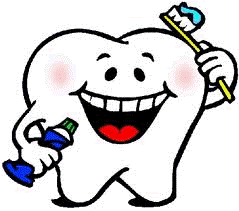Mia Carpiniello, Associate Director
Within the next few months, medical and dental school applicants around the country will draft, revise, and ultimately submit their personal statement to admissions committees. So, I thought it would be helpful to re-post my blog post from 2014 with tips on writing an effective personal statement for professional school. Although drafting a personal statement can feel like an intimidating and time-consuming task, please remember that this is also an exciting opportunity to convey who you are as a person, in your own voice. So, dig deep and take your time to compose an essay that accurately illustrates your personal attributes.
The personal statement can be the most daunting part of an application to professional school. What do I write about? How do I eloquently convey my thoughts? How can I possibly stay within the stated space limit? Here are 4 quick tips to help you make the most of this opportunity to share yourself with the admissions committee.
- Be self-reflective and introspective. What insights have you learned about yourself through a particular experience? Share one or two of your personal qualities, abilities, or characteristics by focusing on a meaningful experience you had. Do not simply restate your resume in narrative form or summarize all of your college experiences. Rather, convey something about yourself beyond your test scores, transcript, and resume. Use your personal statement to tell the admissions committee something about yourself that they cannot glean from the rest of your application, such as your compassion, determination, or meticulousness.
- Be concise and straightforward. Admissions officers will be reading thousands of these essays. They won’t have the patience for rhetorical flourishes. The introductory sentence and paragraph are the most important parts; use them to grab the reader’s attention and create a good first impression.
- Keep it positive. A personal statement is usually not the place to explain a weakness in your application, such as a low grade or test score. Save that for the secondary application (for medical school applicants) or a brief addendum.
- Proof-read! Again. And Again. And then have someone else read it and give you feedback. Ask that person what your personal statement says about you. Is that the impression you want to make? Finally, be sure to follow character or length limits to demonstrate that you can follow directions.
We in the pre-professional team here in Career Services are happy to help you reflect on your experiences and provide you with feedback on your draft. We also offer Personal Statement Workshops; you can find the dates and times on the Career Services calendar.


